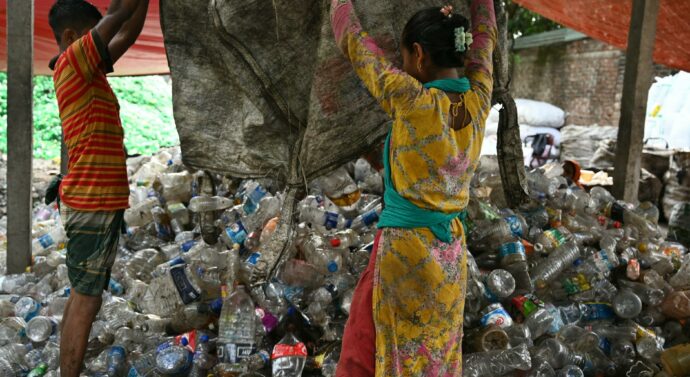
Empowering Public Service: Strategies for Reducing Waste
Sustainability January 25, 2024, 0 CommentReducing waste in public service industries is not just about caring for the environment; it’s essential for the preservation of our society and our world. The impact of waste on our planet is well documented, from filling our landfills, polluting our oceans, to contributing to climate change. The public service sector, owing to its vast influence and reach, has a significant role to play in implementing sustainable sustainability practices and waste reduction strategies.
One of the key strategies in reducing waste within public services involves effective waste management. The typical waste management process entails collection, transport, processing, recycling, and disposal. Exceptional waste management in public services starts with comprehension of the waste generated and its environmental impacts, followed by implementing practices that can reduce, reuse, or recycle it.
For instance, recycling initiatives are gaining traction as one of the most effective waste reduction strategies. They involve transforming waste materials into reusable elements to reduce the consumption of new raw materials. The public service sector can significantly lead these initiatives, considering its broad scope and deep societal penetration. For instance, government offices can enforce paper recycling, or local municipalities can provide public recycling bins.
Moreover, the concept of a circular economy provides an innovative approach to waste management in the public service sector. The circular economy aims at economic growth while minimizing waste and making the most of resources. It promotes a shift away from the traditional linear economy (make, use, dispose) toward a ‘closed-loop’ system where resources are not just used but reused. The adoption of this concept can significantly contribute to reducing waste in public service sectors.
The public sector should also focus on efficient resource utilization. Ensuring resources are used as effectively as possible reduces waste and lowers costs. This includes energy conservation, which minimizes the amount of energy consumed by switching to energy-saving lighting and heating systems or renewable energy sources. The use of energy-efficient appliances and renewable energy sources in public buildings, schools, hospitals, and other public service arenas significantly helps reduce the wastage.
When thinking about procurement in the public service sector, going green can make a significant difference. Green procurement involves buying goods and services that are environmentally friendly and ethically produced. Besides helping save the environment, green procurement often results in cost savings, especially in the long run when considering life-cycle costs.
Another way to reduce waste in public services is landfill diversion. Many materials can be sold or reused rather than being tossed into landfill sites, such as metals, glass, plastic, textiles, and paper. By diverting waste from landfills, public services can contribute to reduced environmental pollution, improved health and well-being, job creation, and a more sustainable economy.
Lastly, developing eco-friendly infrastructure within public services can also contribute to waste reduction. This involves adopting green building practices and materials that conserve energy, utilize renewable energy sources, and minimize waste. It does not only result in cost savings but also a healthier working environment for public service workers and a cleaner, more sustainable world.
In conclusion, there is much that the public service sector can do to reduce waste. It needs to aspire and work towards better waste management, recycling initiatives, energy conservation, sustainability practices, efficient resource utilization, green procurement, embracing circular economy principles, landfill diversion, and development of eco-friendly infrastructure. While progress might initially seem slow, synergies formed from these waste reduction strategies will gradually accrue to a sustainable, promising future.
Remember, waste reduction is not just an environmental issue; it’s an economic and social one too, impacting how we live today and how future generations will live tomorrow. The public service sector is uniquely placed and obligated to lead the way.
Leave a comment